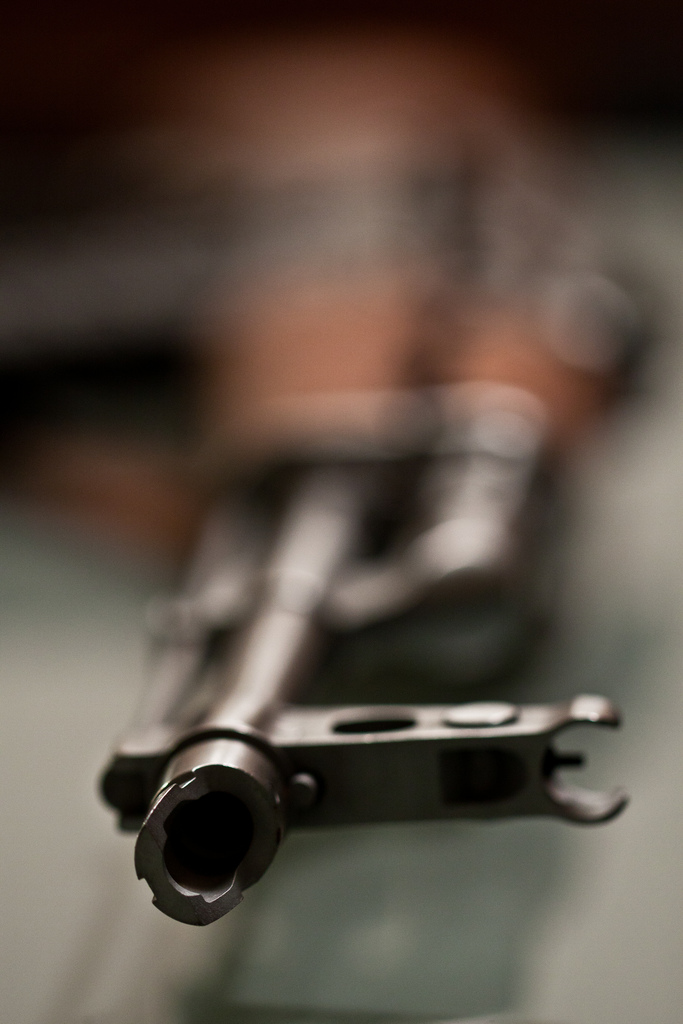My brother was working in Pakistan, in an area where terrorist attacks have become commonplace. He was there to aid the local people rebuild after some devastating mudslides had torn up their homes, communities and lives. While he was helping, militants were actively looking for ways to kill people who look like my brother. It was and still is a dangerous place. Thankfully he made it back home safely and I recently asked him what he considered the secret to his safety.
I too have felt the results of war a few times – In the Palestinian territories as I talked to the soldier in Bethlehem square, blocks of concrete whistled past my head at a guard post. The soldier clicked his gun off safety and ran towards the youth. Later that same trip as I walked up a hill to find a moment to myself, my persistent guide began to shout for my attention. I ignored his cries until I heard him say “They are shooting up there!” I decided to turn around.
Driving the shooting gallery
I have worked in a war zone in DRCongo, the longest running war in the world with a death toll of over a 1,000,000 people in the last 20 years. I most remember the striking image of the rocket launcher slung across the shoulder of the militant. She was there to protect me I was told. I missed a border crossing and had to run the hazardous trail from Bukavu to Burundi in the afternoon – the time when the local militias got trigger happy. My friend, Raha, kept calling and checking in every moment he could reach us by cell phone, frightened for my safety.
In the grand scheme of risk, my stories do not share the same drama that others have faced. Much more horrible things happen to international workers. I got a call from a volunteer within hours of the moment when he held a man as he bled to death. A construction accident on a job site building a children’s home.
The equipment burst in his hands, sending a shard into his heart.
There is real danger in travel.
Most development takes place in places where there are greater dangers than home. Disease. The Environment. and Armed Men With Guns all play a part.
Back to my brother in Pakistan. He was surrounded by razor wire, and high fences. The guards on the compound carried guns. There were protocols and procedures. Safe areas and meeting points. Still that is never enough. He let me know his secret to personal safety, the same one I use.
He got to know the neighbours.
Like most of life, the secret is relationships
He dropped in often to the neighbour next door. He brought over food. Learned the names of the kids. He drank endless cups of tea. He asked questions about their lives. He shared his own experiences. In short he became a neighbour, not a foreigner.
After getting to know them, at one point he asked about the dangers of local militants, “What should I do if something bad happens?” His neighbour pointed out how the neighbourhood worked, the narrow streets that felt so confining also held an advantage. The houses were all close together for a reason. He told him, “if ever you are feeling in danger get on your roof – jump over the gap to our house – we will shelter you.”
When surrounded by danger, no amount of protective razor wire or fire-power is as powerful as the protection of a neighbourhood. The first step to safety is to become a fellow human begin and get to know the neighbours.
Have you ever been in a dangerous situation?
Mark Crocker
Photo Credit: gfairchild via Compfight cc

